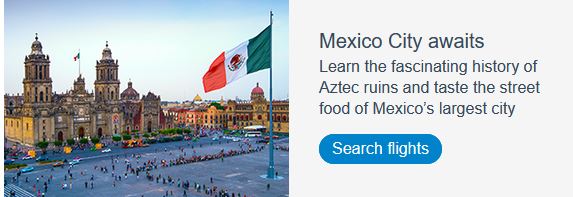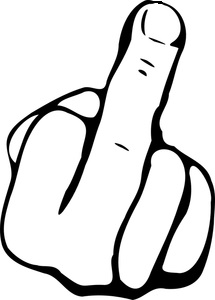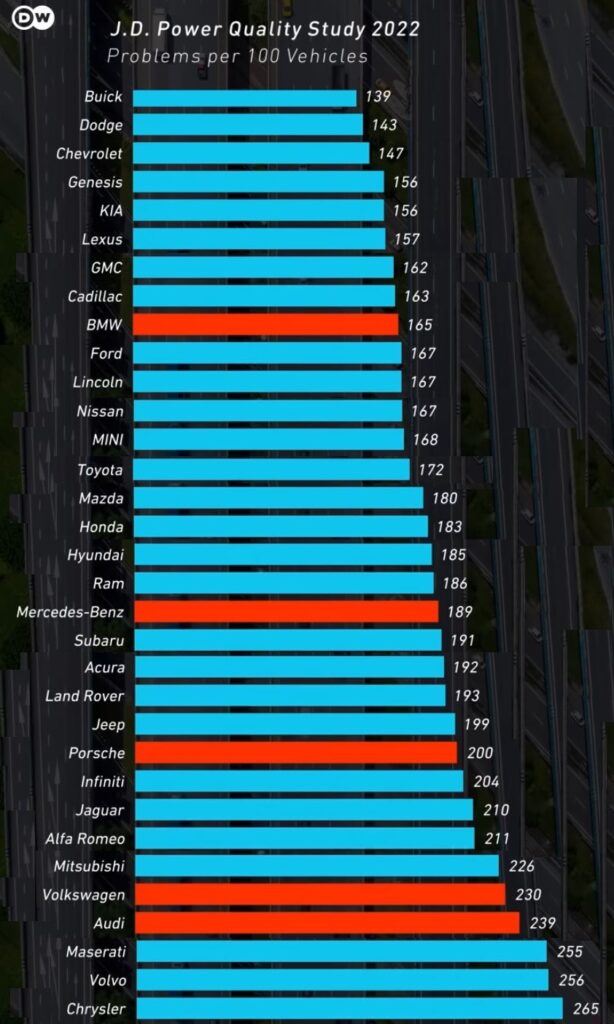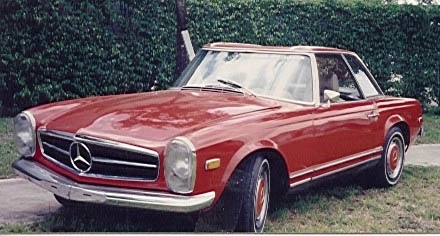I’m always ranting about how the auto industry has overloaded basic transportation with evermore-complex technology (3 seat-position memory options? FFS), but of course, they’re not the only ones.
Here’s another example, seen via a link on Insty’s page:
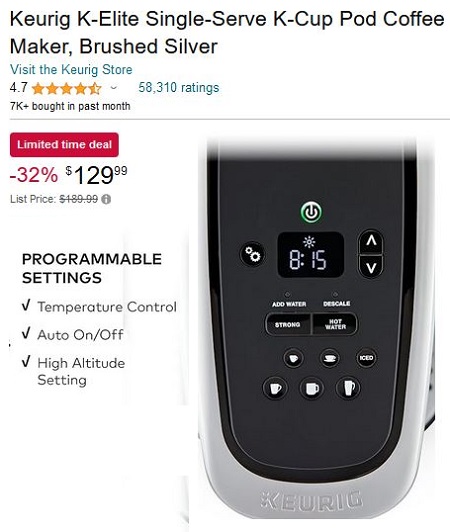
What a load of bullshit. My old Keurig essentially has two options: size of cup, regular/strong brew, and that’s it. (“High Altitude Setting”? FFS #2)
Oh wait… I forgot mine’s warning light for “There’s No More Water In The Reservoir, You Idiot, Can’t You See Through The Clear Plastic?”
Let’s not forget the lie of “Brushed Silver” when it’s just shiny plastic.
And forgive me, but the whole point of a Keurig is that you can make a cuppa quickly without waiting for the water to boil, so the “Auto On/Off” switch is the work of Satan. (Yeah, “saves electricity” blah blah blah… fuck the whales.)
Needless to say, in the spirit of manufacturers everywhere, my model Keurig is no longer available; so when it finally quits working, I’ll be forced to buy one of these multi-featured over-complex monstrosities at, of course, a price which is 40% more than I paid for mine.
Don’t even talk to me about the cost of replacing my ageing VW, or my soaring blood pressure will ensure that the Tiguan outlives its owner.






